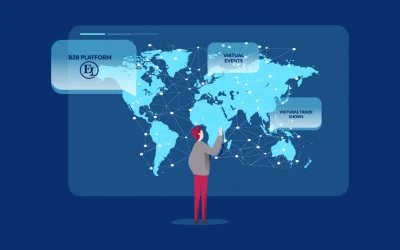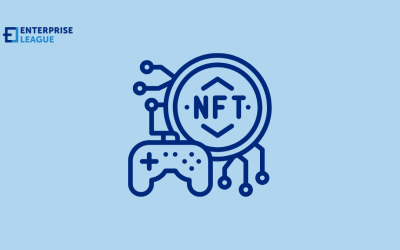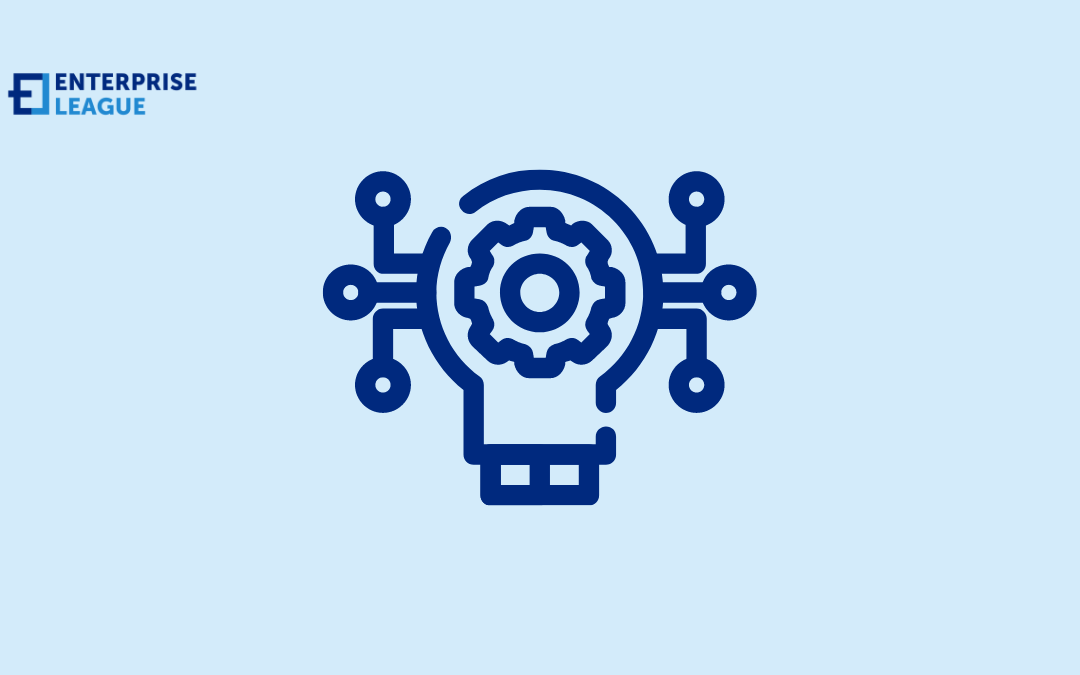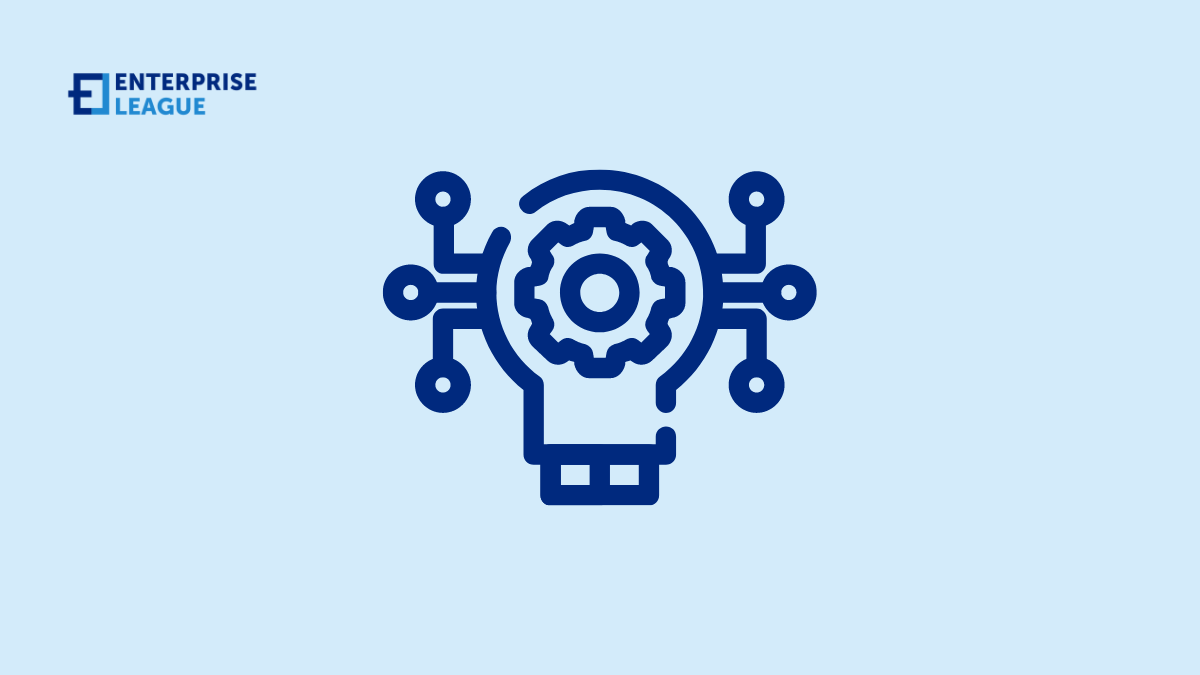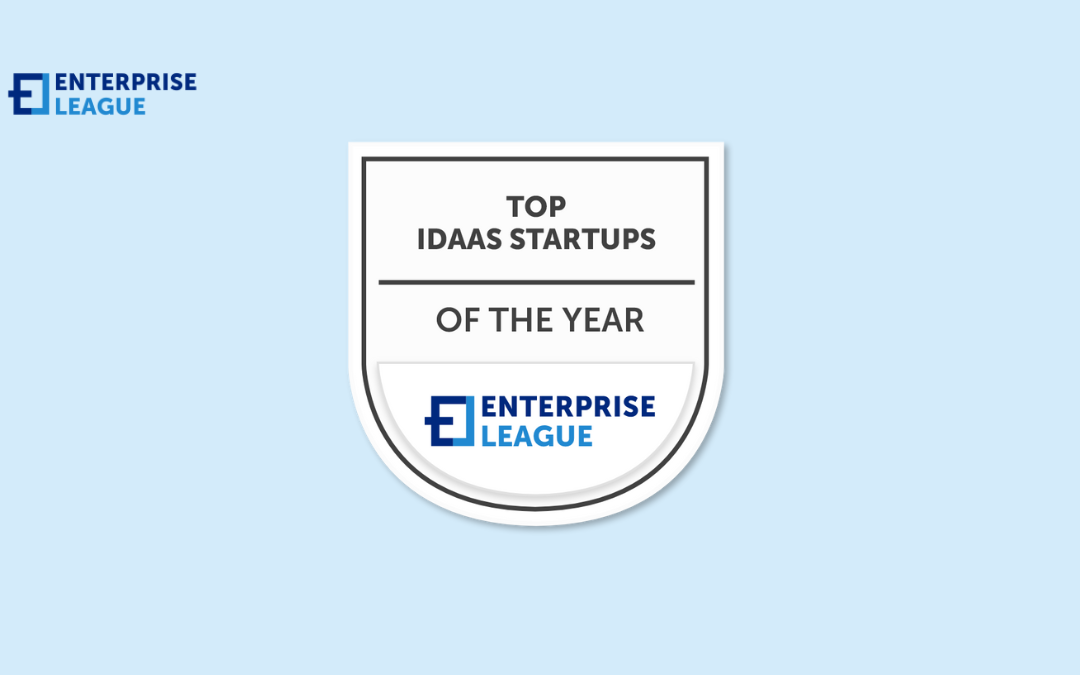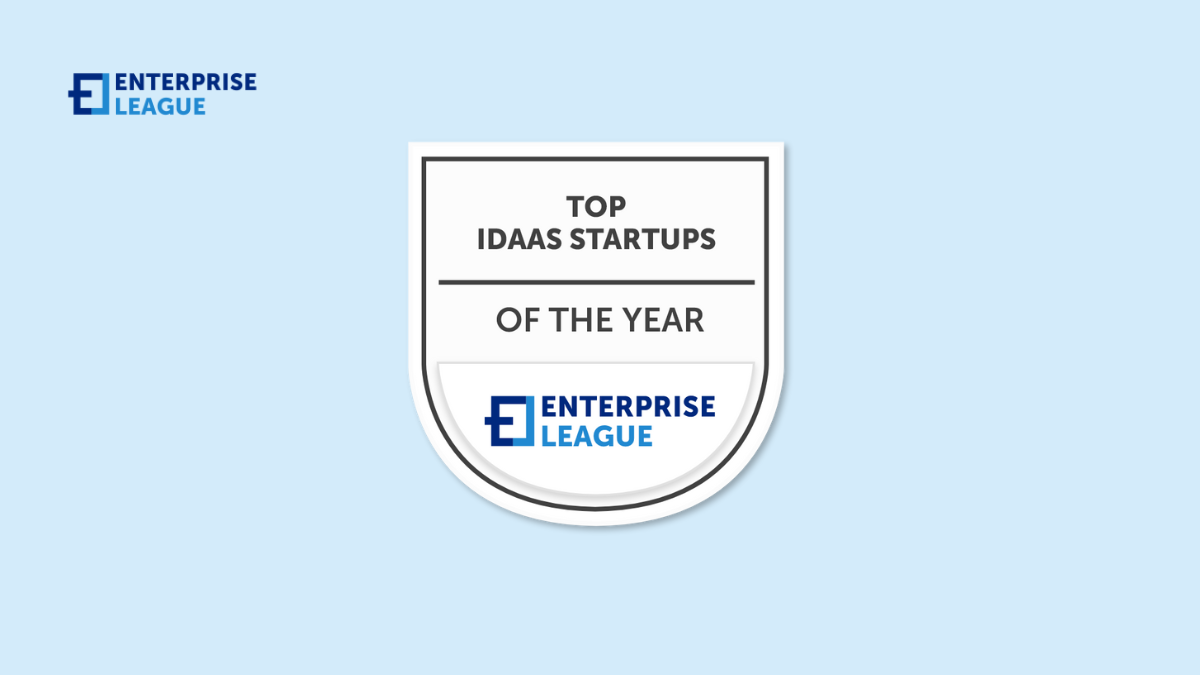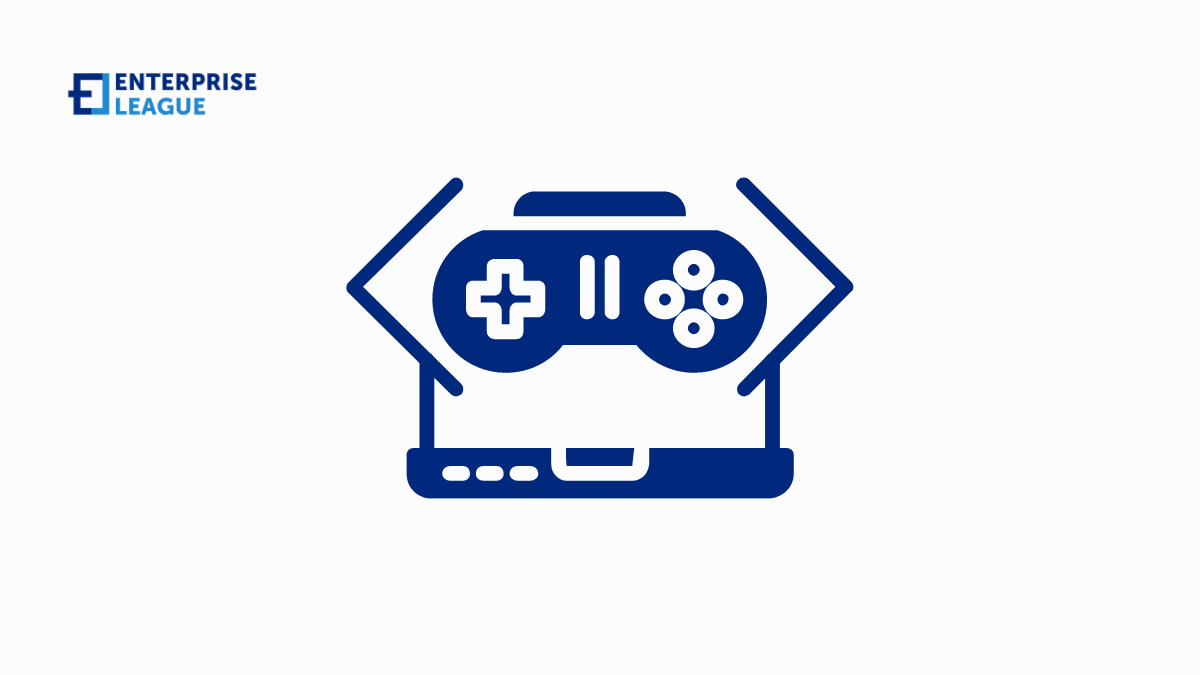Don’t let a crisis shut down your business. With these practical tips and proven strategies you will keep operations running when unexpected challenges hit.

8 marketing strategies for independent and self-employed consultants
Implementing strategies designed to increase visibility and trustworthiness is the key to marketing a consulting firm efficiently. You can establish an admirable brand through hard work and dedication.
As a self-employed consultant, or an independent professional in the consulting industry, successful marketing is the bridge between your skills and services, and clients who would benefit from them. Creating a brand and spreading awareness to generate leads is almost as important as the services you provide themselves.
Here are 8 effective marketing techniques for independent and self-employed consultants, to help attract more clients.
Define your niche
Identifying your niche is essential for establishing a successful consulting career or business. While providing highly specialized services may limit your target market, it also enhances your attractiveness to potential clients. Clearly articulate on your website or social media ads what your consulting services entail and what distinguishes you from other consultants. Once you effectively showcase your expertise, previous clients are likely to trust you with additional consulting areas or recommend you to other businesses.
Register your google business profile
Create a Google Business Profile (GBP), even if your business is not local. This puts it on the literal map for those searching for consulting services, while adding credibility to your company. GBP displays information such as opening hours, services offered, a contact number, office photos, and reviews about your business, which appear in searches.
This service is entirely free for you to make, and for potential clients to use, so think of it as one of the easiest forms of advertising!
Establish your brand
As an independent consultant, realizing your own brand is vital. Various methods are available to promote and advertise your business, including online, within your community, and among colleagues. Remember, everything said, done, or published online reflects on you as an entrepreneur — so evaluate how you present yourself online and make any necessary modifications.
This is especially important as an independent consultant. With no nameless company to fall behind, it’s important your persona online and when speaking with potential clients is aligned with your company values.
Write a concise sales pitch
An elevator pitch is a brief, impactful summary of your company, designed to be delivered in 30 seconds or less. Traditional businesses use this method to highlight key aspects of their brand and communicate information efficiently. Modern businesses also employ elevator pitches as part of their brand-building strategy, aiming to get more done in less time and make a lasting impression on potential clients with a succinct promise, statement, or business goal.
Create a professional website
A strong brand starts with an attractive website. Potential clients will likely visit your site first when researching you, so your web design should reflect this, and be created with care and professionalism. Solicit feedback from colleagues and friends before finalizing it for launch.
Remember to keep it simple and straightforward to navigate, and don’t be afraid to ask for help from a graphic designer or digital marketing agency to optimize your site for a user-friendly experience. If you can’t afford that, consider offering your consulting services in exchange for theirs.
Prove your expertise
Independent contractors can leverage thought leadership for maximum effect. Writing blogs for your website or posting on LinkedIn are two effective platforms to showcase your expertise, enabling you to reach a broader audience than traditional marketing methods.
Speaking engagements also present an excellent opportunity for independent contractors to demonstrate thought leadership. Offer your knowledge at local media events, professional associations and conferences.
Set up your social media profiles
Social networking can be a potent marketing tool. Displaying your expertise and work online is one of the best ways to expand your network as a business consultant. Your portfolio or website should highlight this work. Include testimonials, provide contact information, engage your target audience and share useful content.
Social media allows you to build authority and credibility by selecting platforms relevant to your goals and niches, and optimizing them with hashtags, keywords and links to your website. Social media advertising is a more upbeat, eye-catching way to attract attention to your business and draw potentially interested clients to your site.
Build your business network
An effective business network is the key to consulting success. There are various methods of networking you can engage in. Attending conferences or local events, hosting virtual meetings with clients online, or meeting people physically can all serve as opportunities to expand your sphere of influence.
When choosing which method best fits you, ensure you’re interacting with people of different interests and experience levels. Having such diversity within your network can inspire creativity, innovation, and collaboration.
Conclusion
Although approaches may have changed over the years, the fundamentals of growth-focused marketing remain consistent. Knowing who your target market is and what services or products they require as well as the strategies for outwitting competitors remain essential components. Develop a plan to tell your story and promote your point of view to ensure maximum marketing success.
Marketing comes in all shapes and sizes, from traditional billboards to TikTok videos. Don’t be afraid to experiment with the different types of marketing mediums available to you, and remember that some campaigns will inevitably be more successful than others.
Try a range, and find out what works best for your branding and your services. With these 8 marketing strategies explained you should be inspired to boost your business as a self-employed or independent consultant.
More must-read stories from Enterprise League:
- How successful local businesses can give back to the community.
- What’s the secret to running successful cold email campaigns?
- Profitable online education business ideas that you should be aware of.
- Implement a CRM strategy for your business using this guide.
Related Articles
How to keep your business running during a crisis
Sales Tactics: What to do after a client says ‘I will think about it’
We’ll tackle the issue of closing a deal when a client says they want to think about your offer. Since there are five ways to approach this kind of situation.
What are the online alternatives to B2B trade shows
From virtual exhibitions to online networking events, let’s explore some digital alternatives to B2B trade shows that will keep your business growing.
Local vs. Global: Strategic choices for small business growth
Should your small business stay local or go global? Let’s see the pros, cons, and strategic considerations to make the right growth decision for your company.
Understanding the revolutionary NFT gaming business model
From digital ownership to community governance, let’s discuss more about how NFT gaming business models differ from all those traditional approaches.




